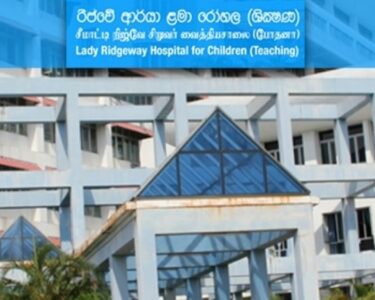In the aftermath of a surge in tourist arrivals to Sri Lanka, particularly from Russia under the newly implemented visa-free entry program, concerns are mounting over the involvement of some Russian female tourists in illegal activities, notably prostitution. The initiative was launched as part of Sri Lanka’s efforts to revive its tourism industry, severely impacted by the Easter Sunday attacks, the COVID-19 pandemic, and political instability in the previous year.

Official statistics reveal a substantial 103% increase in tourist arrivals in January 2024 compared to the same period last year, with India leading the influx, followed closely by Russia. However, amidst this tourism boom, there is growing apprehension about individuals exploiting the visa-free entry for illicit purposes.
Certain areas in Colombo and star-class hotels have become hotspots for Russian tourists engaging in prostitution, with rates ranging from Rs. 15,000 to Rs. 45,000 per hour. Local websites openly advertise these services, often targeting VIP and VVIP customers.
The Controller General of Immigration and Emigration, Harsha Ilukpitiya, acknowledged the challenges faced by authorities in addressing this issue. While tourists are granted a 30-day visa-free stay, some exceed this period, making it difficult to monitor and control their activities. Ilukpitiya mentioned collaboration with the Air Force Intelligence Unit in the South to identify and deport tourists involved in illegal activities, but acknowledged difficulties in obtaining information on those in Colombo and star-class hotels.
Despite several raids in southern areas targeting tourists violating immigration rules and engaging in illicit businesses, the Controller General emphasized the isolated nature of incidents involving tourists in illegal activities, making it challenging to identify and apprehend them. Plans are underway to inform intelligence units to intensify efforts in tracing tourists involved in activities such as prostitution in Colombo and other regions.
Police sources noted a reduction in raids targeting such tourists due to the predominant focus on the ‘Yukthiya’ operation, aimed at cracking down on crime and drug-related offenses. The situation underscores the need for coordinated efforts to address the complex challenges arising from the surge in tourism







